TLDR; Not really
The language became more explicit and formal, but the fundamental framework is not really different from previous editions of the zoning.
The county’s subsequent development of an STR policy really reflects reading the zoning the way it’s written. Claims of a surprise taking or government overreach are overblown, because there was abundant notice of both the Part 1 Admininstration update the the general BC zoning update.
At most one could say that historic ambiguity was resolved in a way that was unfavorable to short term renters. While a hearing was not strictly required, it might have been better have one anyway, given the controversial nature of the issue.
An Example
The county’s current posted policy is that “If short-term rentals are not mentioned in the specific zoning district regulation, they are not permitted anywhere in that zoning district.”
Let’s wind the clock back a decade or two, to see whether that was true under the previous zoning framework. The 1999 zoning regulation didn’t explicitly mention “Short Term Rentals”. Within the AE and RF subdistricts, there’s nothing really resembling them in the lists of Permitted and Conditional Uses, except the Bed and Breakfast and Guest Ranch classifications, which don’t quite fit.
If the permissibility of an STR were questioned, what would happen? The commission would have made an interpretation, to determine whether the use, “which in the opinion of the Zoning Commission are similar to those listed … may be permitted therein”. It’s hard to say what the commission in 2000 or 2010 might have decided in its finding of similar use, but it might have gone like this:
Is there a definition in the regulation that is similar to short term rental of a single family residence?
Yes – two:
3.52 Overnight Accommodations: Permanent, separately rentable accommodations that are not available for residential use, except for the proprietors of a Bed and Breakfast Inn or Guest Ranch. Overnight Accommodations include Hotel or motel rooms, hostels, cabins, Bed and Breakfast Inns, Guest Ranches, and time-shared units.
3.37 Recreational Housing:
Housing located in the Bridger Bowl Base Area which does not have restriction on length of stay, and includes attached and detached single family units. …
Because these most-similar uses are listed only in the B-districts in the Bridger Bowl Base Area, the commission might have concluded that STRs were prohibited.
On the other hand, the commission could have concluded that short term rentals were incidental uses included within the listed single family residential use, and permitted them.
We can’t know what the commission would have done, because the question never came before it. However, anyone relying on the status of STRs would have been wise to seek the certainty of a similar use finding before risking capital.
Not News
None of this should come as a surprise. There was abundant notice of the zoning process, including the questionable status of STRs, for more than five years before the updates.
BCPOA’s 2016 Short Term Rental survey opened with,
With the emergence of AirBnB and VRBO, this has become a topic of increasing interest in public meetings. The current zoning regulation does not specifically mention short term rentals, except in three specific situations that require Conditional Use permits: Bed & Breakfasts, Guest Ranches, and Recreational Housing in the Bridger Bowl Base Area. Also, the definition of “family” includes up to 4 boarders. Implicitly, short term rentals are not permitted otherwise, unless an applicant obtains a finding of Similar Use from the commission. This has never been tested. Short term rentals are also subject to state licensing for safety and health and tourism tax codes, for which purposes “short term” generally means 30 days or less.
The Bridger Canyon Zoning Advisory Committee opened it’s well-attended 2017 meeting on STRs with the following words in the introductory slide deck:
Status
-
- Not a listed use, except in the Base Area
- Therefore, not permitted without a finding of “similar use” (untested)
Subsequently BCPOA continued to mention the status of the zoning updates and STRs in a variety of emails and the annual newsletter, for example
The other topic that came up several times was short term rentals. The
advisory committee drafted a standard for those, based on input from a
public meeting in 2017, but the county declined to implement it in the
update. So, the situation remains exactly as it has been for years:
short term rentals are not listed or conditional uses in the district,
and therefore not permitted. One could potentially obtain a finding of
“similar use” but this has never been tested before the commission. We
think it would be better to have clear language in the zoning,
regardless of what the policy is.
Not Listed = Prohibited
All Gallatin County districts operate under the same basic framework. The zoning regulation lists structures and uses that are Permitted (available as a matter of right, often without a permit) and Conditional (available after a hearing). Other uses are prohibited, except those which may be found to be similar enough to be included within one of the listed uses (see Similar Use vs. Interpretation of Use below).
Before – 1999 zoning:
The 1999 language is a little fragmented, but contains statements like the following:
17.2 Building Permits.
No structure shall be built, moved or structurally altered until a building
permit has been issued by the Planning and Zoning Commission or their agent. The fee for building permits shall be determined by the Planning and Zoning Commission. Structures less than 100 square feet in size do no require a building permit, but must be in conformance with setback and other requirements.
17.2.1 Building permits shall be issued only for uses in conformance to these regulations, upon approved conditional use permits or variances, and where authorized by the Planning and Zoning Commission.
Notice that it doesn’t explicitly say that uses not in conformance with the regulations are prohibited, but since everything permitted must be in conformance, what would a sensible person conclude?
After the Part 1 Admin update:
Zoning Regulation Conformance. Property owners are responsible for ensuring all
activity within and on their property conforms to this Administrative Regulation and
the applicable District Regulation. No Building, Structure, or land shall hereafter be
used or occupied, and no Building, Structure, or part thereof shall hereafter be
erected, constructed, reconstructed, moved or Structurally Altered unless it is in
conformity with all the Zoning Regulations.
No Building, Structure, or land in any Sub-district may be used for any purpose
unless such Use is listed as a Permitted or Conditional Use in that Sub-district and
approval for that Use is obtained through the proper procedure, or unless such
Use is deemed to be an appropriate Use pursuant to the interpretation process of
Section 3.8 of this Administrative Regulation. All other uses are prohibited unless
otherwise authorized by federal or state law.
The burden of proof is on an applicant to demonstrate that applicable requirements
and review criteria of the Zoning Regulations are met. Where conditions of
approval are attached to any approval issued under the Zoning Regulations, the
failure to comply with any condition of approval is a violation of the Zoning
Regulations.
The language is more explicit, but the effect is not materially different.
Similar Use vs. Interpretation of use
Obviously it would be problematic to have to enumerate every possible use, whether you propose to prohibit or permit the unlisted ones. There will always be boundary cases in need of interpretation. All versions of the zoning have contained an escape mechanism for this.
As above, the new language in the unified Part 1 Administration regulation is more explicit. The Interpretation of Use defines the earlier Similar Uses concept, and provides a process with decision criteria. This provides greater clarity and predictability without making it harder to get such an interpretation.
Before – 1999 zoning:
6.4 Similar Uses:
Uses which in the opinion of the Zoning Commission are similar to those
listed In 6.2 and 6.3 above may be permitted therein.
After the Part 1 Admin update:
3.8 Interpretations. Requests for Official interpretations concerning the Zoning
Regulations, boundaries, and maps shall be made in writing, accompanied by the
appropriate application and fee, and shall be handled as follows:
a. Administrative Interpretations. Interpretations concerning the Zoning
Regulations and maps, except those interpretations listed at subsection (b) or
(c)(vii) below, may be made by the Planning Director and are subject to Appeal
as described in Section 13 of this Administrative Regulation. If the Planning
Director determines the interpretation is of significant public interest, the
Planning Director may refer the request to the Planning & Zoning Commission.
The Planning & Zoning Commission shall consider the request in a public
hearing.
b. Interpretation of Use Classification. If questions arise concerning the
appropriate classification of a particular Use, or if the specific Use is not listed,
the Planning and Zoning Commission shall determine the appropriate
classification of that Use. In interpreting a Use classification, the Planning and
Zoning Commission shall hold a public hearing, consider the recommendation of
any Zoning Advisory Committee, and determine whether the use meets all of the
following criteria:
i. The proposed Use is compatible with the Uses allowed in the Sub-district;
ii. The proposed Use is similar to one or more Uses allowed in the Sub-district;
iii. The proposed Use will not adversely affect property in the neighborhood or
Sub-district or Zoning District; and
iv. The proposed use will not abrogate the intent of the Zoning Regulations and
applicable growth policy or neighborhood plan.
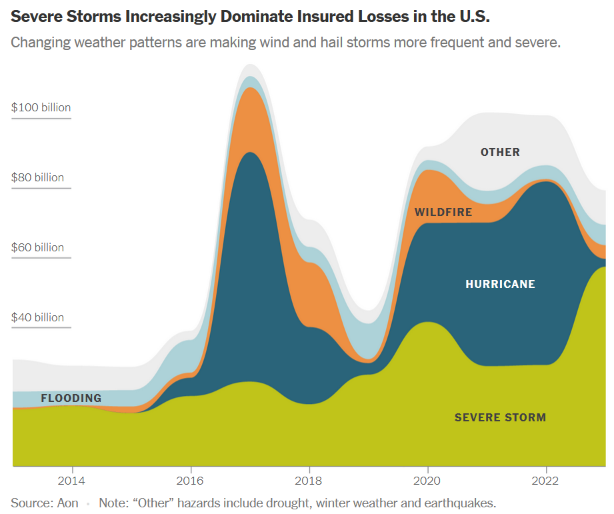 Whatever the cause, this seems like a significant challenge to homeowners in Bridger Canyon. We’d love to hear your experiences, in the comments here or via email.
Whatever the cause, this seems like a significant challenge to homeowners in Bridger Canyon. We’d love to hear your experiences, in the comments here or via email.

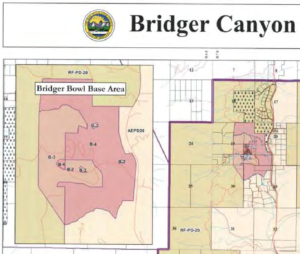
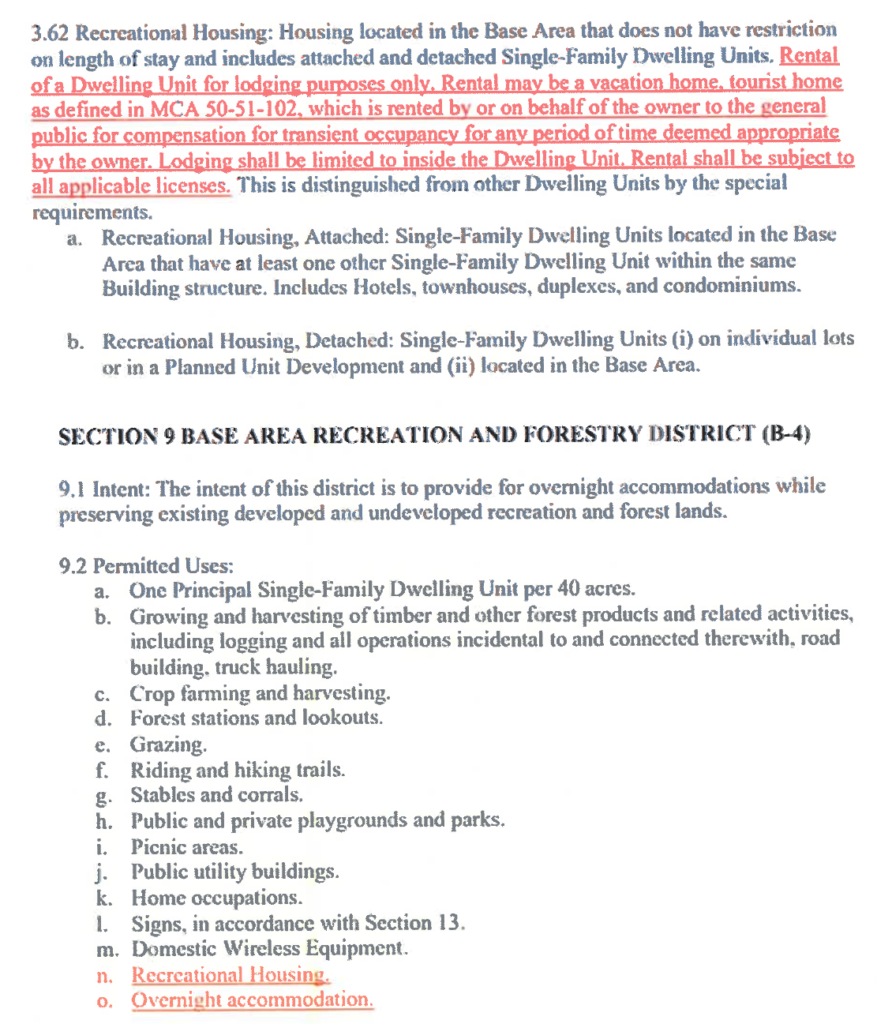
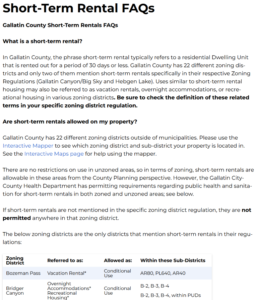
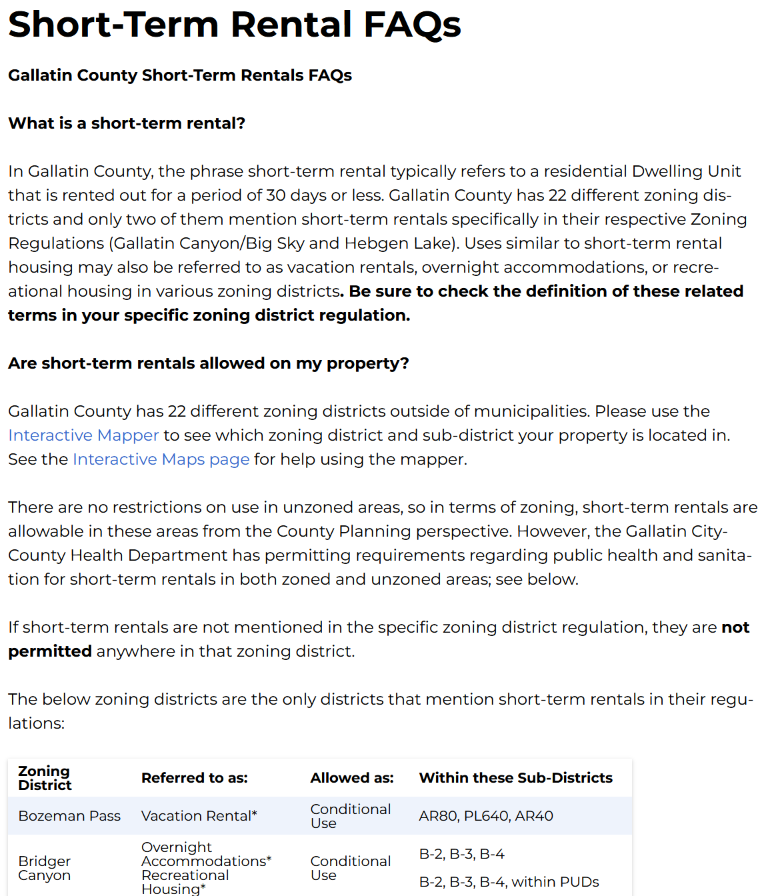
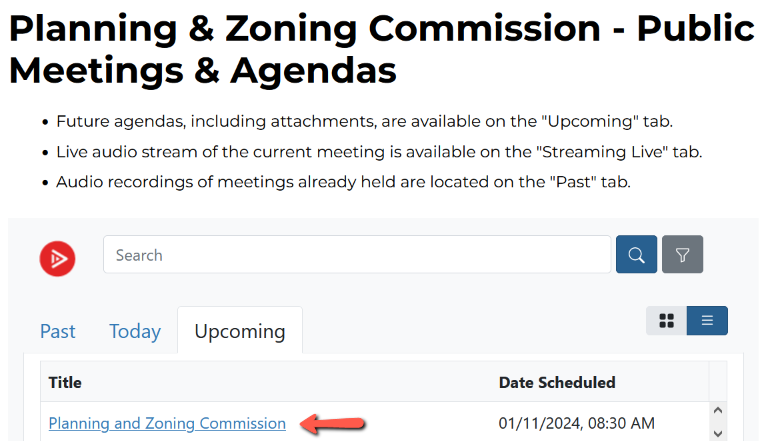

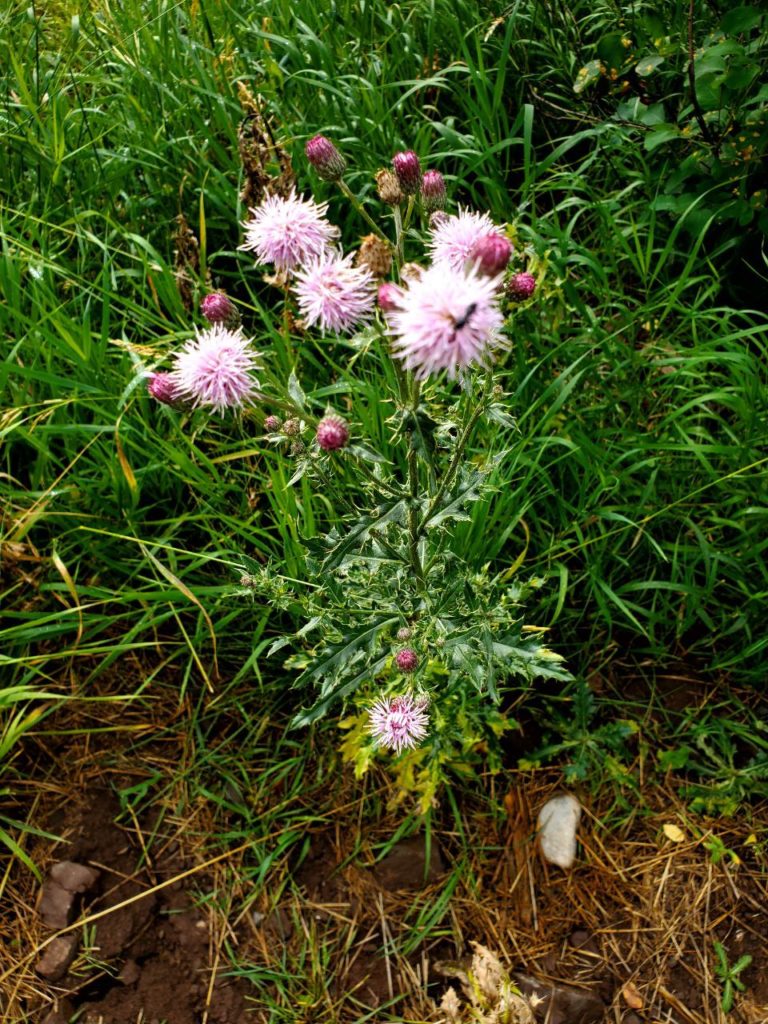
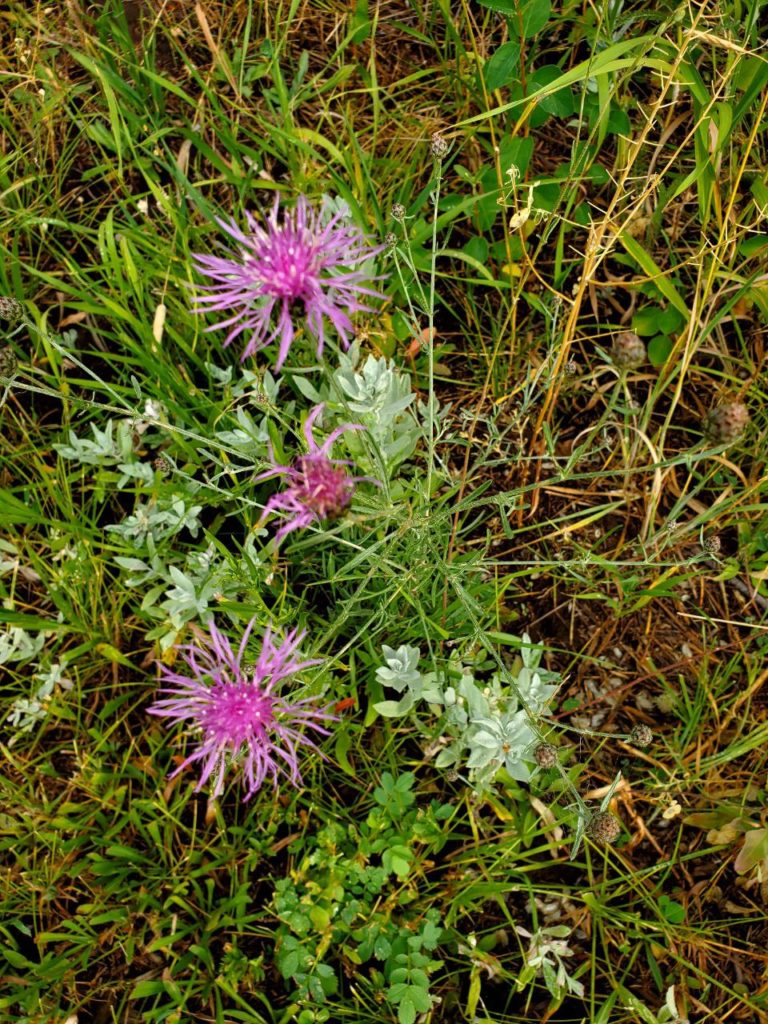
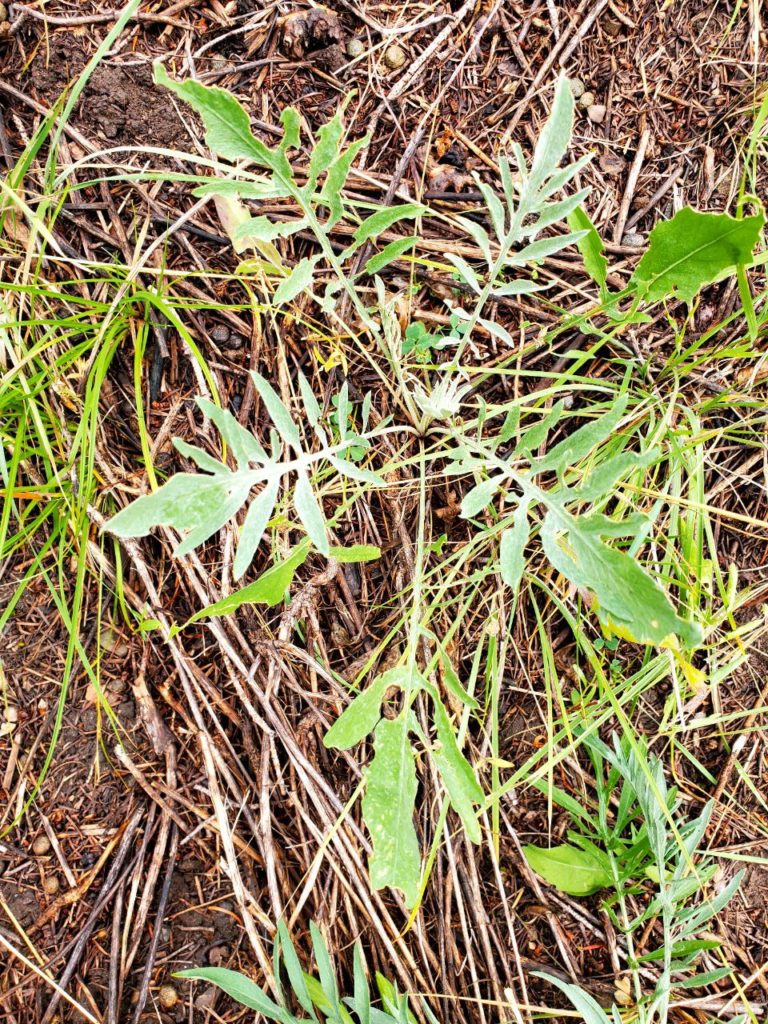
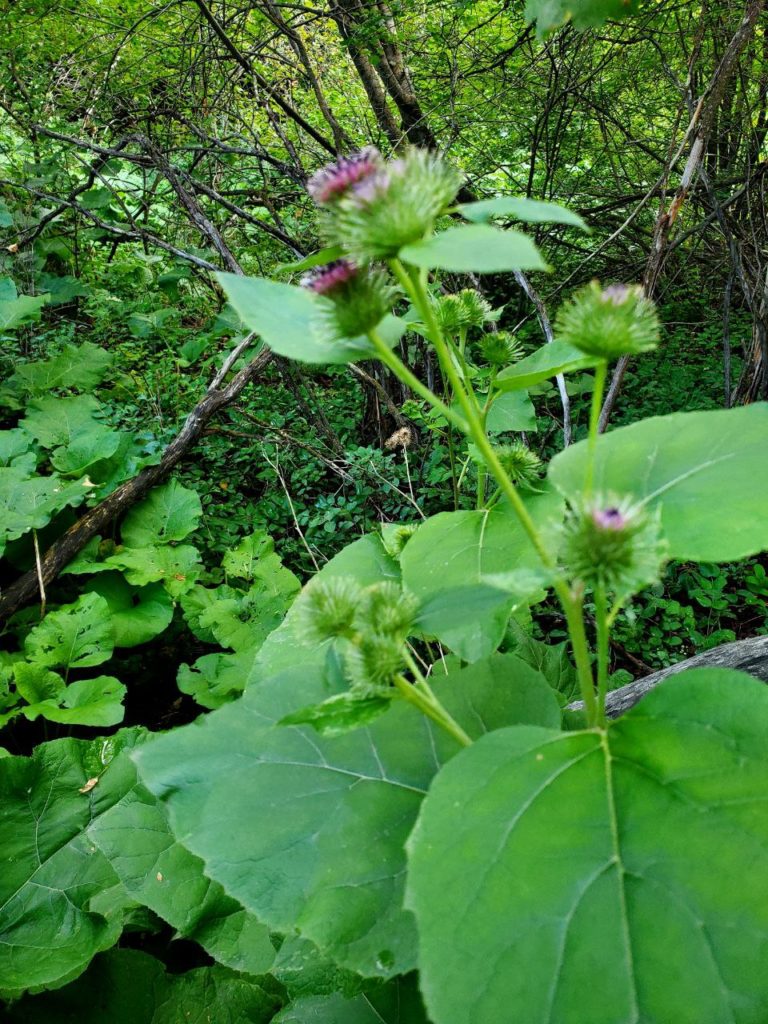




 Twitter
Twitter Facebook
Facebook RSS
RSS Email
Email